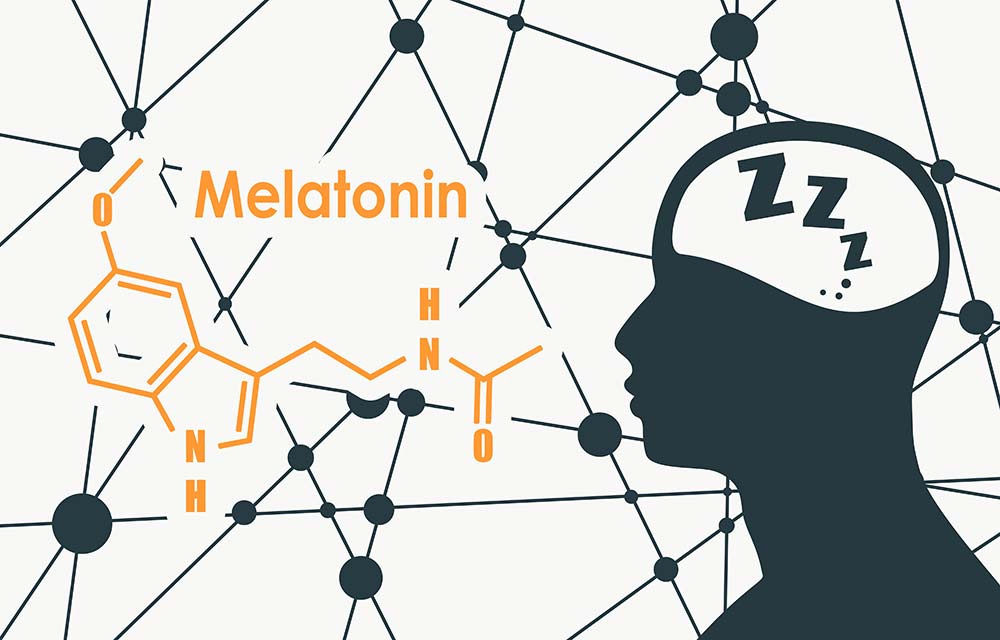Other diseases
Medical Studies on Melatonin – Other diseases

Melatonin has also been shown to be effective in many other diseases. In this category, we present the most important studies and multiple applications in which melatonin has already been successfully used. We will keep you informed with a continuously updated selection of scientific publications.
Medical Studies on Melatonin – Other diseases
Migraine is a chronic disease of global concern, regardless of socio-economic and cultural background. It most often and intensely affects
Recent studies revealed that non-coding RNAs (ncRNAs) play a crucial role in pathophysiological processes involved in diabetic cardiomyopathy (DCM) that
Microglial activation and melatonin protection have been reported in diabetic retinopathy (DR). Whether melatonin could regulate microglia to protect the
In type 2 diabetes mellitus (T2DM) and its related disorders like obesity, the abnormal protein processing, oxidative stress and proinflammatory
Purpose of review: We present a review of research on the role of melatonin in the management of sleep and circadian
Background and aims: Melatonin is a ubiquitous hormone produced not only by the pineal gland but also by other organs and
The serotonergic pathway may impact the pathogenesis and the course of inflammatory bowel diseases (IBDs). The aim of this study
Understanding the neurobiological underpinnings of depressive disorder constitutes a pressing challenge in the fields of psychiatry and neurobiology. Depression represents
Fibromyalgia syndrome (FMS) is a chronic widespread pain syndrome that is accompanied by fatigue, sleep disturbances, anxiety, depression, lack of
Despite advances in obstetric and neonatal care, challenges remain in early identification of neonates with encephalopathy due to hypoxia-ischemia who
The importance of time is ever prevalent in our world, and disruptions to the normal light/dark and sleep/wake cycle have
Cardiovascular disease is the cause of physical infirmity and thousands of deaths annually. Typically, during heart failure, cardiomyocyte mitochondria falter
Melatonin is a ubiquitous molecule found in living organisms, ranging from bacteria to plants and mammals. It possesses various properties,
The marked drop in the frequency of Helicobacter pylori infection resulting from the use of antibiotics and potent anti-acid medications
Aging-associated osteoporosis is frequently seen in the elderly in clinic, but efficient managements are limited because of unclear nosogenesis. The
Melatonin's effectiveness as an anxiolytic medication has been confirmed in adults; however, its efficacy in a paediatric population is unclear.
Cartilage is a relatively simple connective tissue that plays a variety of roles in the human body, including joint support
Renal fibrosis, a major risk factor for kidney failure, can lead to chronic kidney disease (CKD) and is caused by
Secreted by the pineal gland to regulate the circadian rhythm, melatonin is a powerful antioxidant that has been used to
Sleep disorders and circadian dysregulation appear to be associated with primary headache disorders.